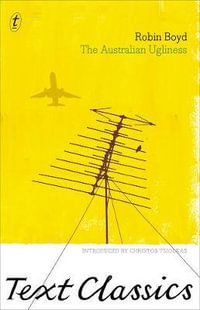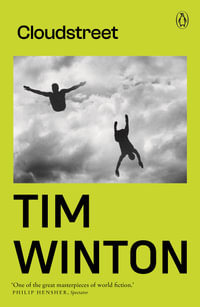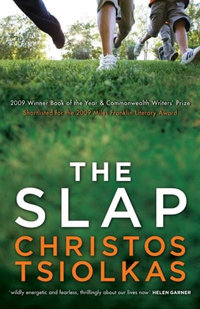Winner, Patrick White Literary Award, 1999
Twenty years ago, when I first arrived on the plains, I kept my eyes open. I looked for anything in the landscape that seemed to hint at some elaborate meaning behind appearances.
This is the story of the families of the plains—obsessed with their land and history, their culture and mythology—and of the man who ventured into their world.
There is no book in Australian writing like Gerald Murnane's The Plains.
About the Author
Gerald Murnane was born in Melbourne in 1939. In addition to The Plains he has published six fiction titles (Tamarisk Row, 1974; A Lifetime on Clouds, 1976; Landscape with Landscape, 1985; Inland, 1988; Velvet Waters, 1990 and Emerald Blue, 1995). Until recently he taught fiction-writing at Deakin University.
Industry Reviews
`The Plains has that peculiar singularity that can make literature great.' * Ed Wright, Australian, Best Books of 2015 *
`Widely regarded as Australia's greatest living writer, Murnane has long cultivated an air of myth and geographical limit...One could fill a room with a conversation about him.' * Full Stop *
`Known for its sharp yet defamiliarizing take on the landscape and an aesthetic of purity historically associated with it, The Plains is uniformly described as a masterpiece of Australian literature. Look closer, though, and it's a haunting nineteenth-century novel of colonial violence captured inside the machine's test-pattern image-a distant, unassuming house on the plains.' * BOMB *
`The Plains is a bizarre masterpiece that can feel less like something you've read than something you've dreamed.' * Ben Lerner, New Yorker *
`The Plains is a bright and inviting novel, full of humour yet without resort to slapstick. As it beckons you along its secrets keep receding.' * London Review of Books *
`I've heard Murnane called an outsider artist, but I don't think that's quite right. Plenty of writers emerge as if out of nowhere (after steeping themselves in canonical authors), then proceed to become more and more their eccentric selves. It might be said, however, that Murnane qualifies as an outsider literary theorist.' * London Review of Books *






























































